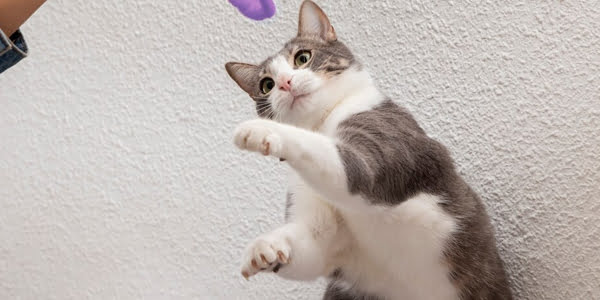Feline panleukopenia, also known as feline distemper, is a highly contagious and potentially fatal disease of cats caused by the feline panleukopenia virus (FPV), also called feline parvovirus. Kittens are most severely affected. Despite the names used to describe feline panleukopenia, it is not to be confused with canine distemper or canine parvovirus infection, which are caused by different viruses¹².
Key Points:
- Transmission: Infected cats can pass FPV in their feces, urine, nasal secretions, and body fluids. Susceptible cats may become infected when they come into contact with these substances, infected cats themselves, or even fleas from infected cats. Pregnant cats can also pass the virus to their unborn kittens.
- Symptoms: Most cats with FPV infection appear normal and have no signs. However, cats that do become ill—especially those younger than a year old—may exhibit symptoms such as diarrhea, vomiting, fever, depression, lethargy, loss of appetite, and dehydration. Affected cats, especially kittens, may suddenly die.
- Treatment: There is no specific antiviral treatment for FPV. Supportive therapy, including fluid therapy and management of symptoms, is essential. Hospitalization may be necessary.
- Prevention: Highly effective vaccines are available to protect cats against feline panleukopenia. Vaccination is crucial, especially for young kittens and unvaccinated cats. Keeping cats away from infected cats and contaminated items (e.g., bedding, litter boxes, food bowls) is also important¹³⁴.
If you suspect your cat has feline panleukopenia, contact your veterinarian immediately. Early intervention can improve the chances of survival. Remember to keep your cat away from other cats to prevent the spread of the virus¹. ?
Source:
(1) Feline panleukopenia | American Veterinary Medical Association. https://www.avma.org/resources-tools/pet-owners/petcare/feline-panleukopenia.
(2) Feline Panleukopenia | ASPCApro. https://www.aspcapro.org/topics-shelter-medicine-specific-conditions/feline-panleukopenia.
(3) When Cats Get Panleukopenia: Causes, Signs, and Vaccine – GoodRx. https://www.goodrx.com/pet-health/cat/panleukopenia-in-cats.
(4) Feline Panleukopenia | Merck Animal Health USA. https://www.merck-animal-health-usa.com/nobivac/feline-panleukopenia.
(5) Feline panleukopenia (FPV) – PDSA. https://www.pdsa.org.uk/pet-help-and-advice/pet-health-hub/conditions/feline-panleukopenia-fpv.

